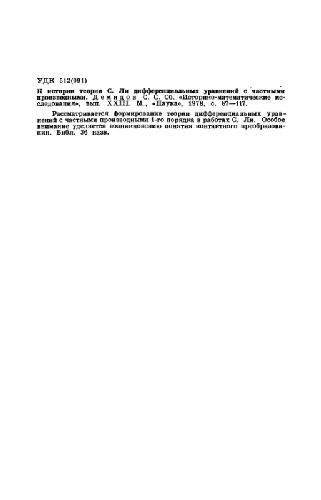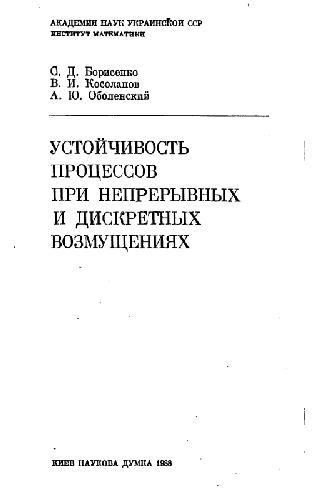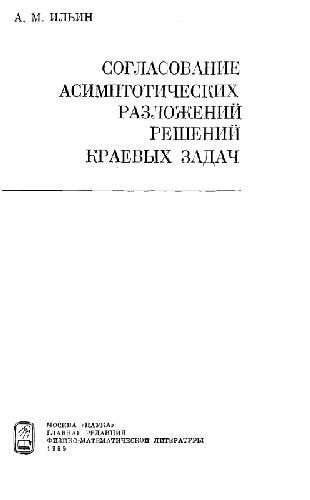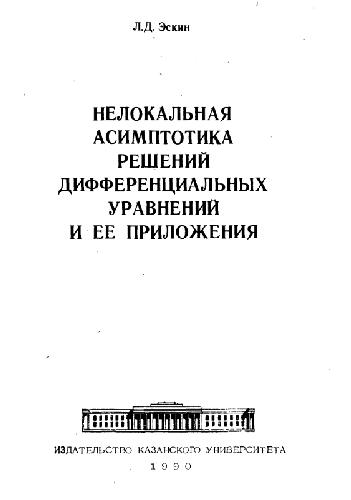Luis Caffarelli; Sandro Salsa0821837842, 9780821837849
Free or moving boundary problems appear in many areas of analysis, geometry, and applied mathematics. A typical example is the evolving interphase between a solid and liquid phase: if we know the initial configuration well enough, we should be able to reconstruct its evolution, in particular, the evolution of the interphase. In this book, the authors present a series of ideas, methods, and techniques for treating the most basic issues of such a problem. In particular, they describe the very fundamental tools of geometry and real analysis that make this possible: properties of harmonic and caloric measures in Lipschitz domains, a relation between parallel surfaces and elliptic equations, monotonicity formulas and rigidity, etc. The tools and ideas presented here will serve as a basis for the study of more complex phenomena and problems. This book is useful for supplementary reading or will be a fine independent study text. It is suitable for graduate students and researchers interested in partial differential equations. |
Table of contents :
Cover……Page 1
Contents……Page 2
Intro……Page 5
— Part 1. Elliptic Problems —……Page 8
1. An introductory problem……Page 9
2. Viscosity solutions and their asymptotic developments……Page 30
3. The regularity of the free boundary……Page 39
4. Lipschitz free boundaries are C1,γ……Page 46
5. Flat free boundaries are Lipschitz……Page 68
6. Existence theory……Page 89
— Part 2. Evolution Problems —……Page 109
7. Parabolic free boundary problems……Page 110
8. Lipschitz free boundaries: weak results……Page 119
9. Lipschitz free boundaries: strong results……Page 127
10. Flat free boundaries are smooth……Page 160
— Part 3. Complementary Chapters: Main Tools —……Page 182
11. Boundary behavior of harmonic functions……Page 183
12. Monotonicity formulas and applications……Page 203
13. Boundary behavior of caloric functions……Page 227
Index……Page 256
Bibliography……Page 257 |







Reviews
There are no reviews yet.